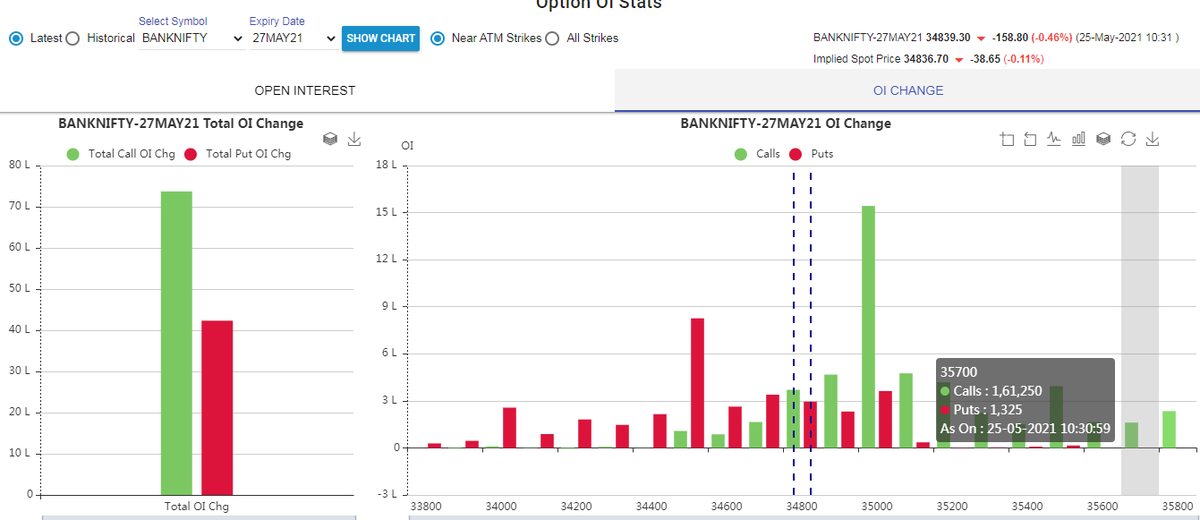1) First, there are NO NORMS! Hah. I have literally seen everything from giving early employees no equity to giving employee #1s near co-founder level of shares.
But what is more common than not?
2) In the Silicon Valley, if you're hiring your 1st employee, & you've raised NO $$ & are paying very little (e.g $0-$10k / yr or thereabouts), your first employee is basically a co-founder.
And the equity tranche for employee 1 should be closer to a co-founder level.
3) For ex, a friend of mine gave his employee #1 10% (vesting over 4 yrs of course) of the business. This employee was only getting his housing paid for. And this was 10 yrs ago, so it was during the bust.
4) On the flip side, if you have raised some $$ & are paying employee #1 near mkt rate, typically I see around here ppl get 1-5% (w/ vesting).
Caveat - near mkt rate doesn't mean compared to Google or FB salary rates. I mean compared to "normal big cos"
5) If you're in the rare case, where you're able to raise a lot of money out of the gates and are paying employee 1 market rate, then the equity can be a lot less.
It's basically like working for a big co at that pt. Limited risk and no loss of earnings.
6) Think about equity as a counterbalance to the risk of your co. If your co is super early, has no cash, and the employee is sacrificing a lot, more equity balances this.
If your co is in a great position & offers competitive comp package - then it's more like a "regular job".
7) Employee #2 is generally considered to be in a similar boat as employee #1. Probably because they usually come into the co around the same time.
8) But after that, if you bring in a handful of ppl after you do your next raise (even if your raise is small) OR after you make some money via revenue, the risk goes down. And their comp generally goes up a bit.
So the equity drops off.
9) Common packages I've seen for employee 3, 4, 5 are closer to 0.1-0.5%. It drops by an order of magnitude!
But, if you're bringing all these ppl in at the same time in the same situation as employee 1, 2, they probably should be granted closer to what employee #1 and 2 get.
10) If you raise again, it tends to drop by another order of magnitude. Again, the thinking is around how risky is the company and how much is the employee giving up relative to working at a big co. And so on and so forth.
11) This gives you a sense of the differences between being a co-founder, employee #1, and subsequent employees.
E.g.
Co-founder -> 30%
Employee #1 -> 3%
Employee #5 -> 0.3%
Employee #15 -> 0.03%
12) So if you're employee #5 at a startup that sells for $10m, you're not going to make a lot of money.
That being said, it may also not actually be that risky when you go to that startup (compared to a big company - which also do layoffs).
13) And being employee #5 is certainly NOT as risky as being a co-founder who has to go and SELL or RAISE the money to pay in the first place.
Co-founders also have the mental burden of worrying about the whole team and where the next $ is coming from compared to employee #5.
14) Is this fair? I think so as long as everyone understands what they are getting into. There are many reasons to be employee #5 instead of the co-founder even though there is a HUGE dropoff in the rewards.
You gain experience on someone else's dime & have no real headaches.
15) That said, if you are employee #1, and you're not getting paid at all and bear the brunt of the company and are helping w/ the fundraising just like the co-founders, then I don't think that is fair.
16) One thing early employees don't do enough is ask qs about their shares. You DEFINITELY SHOULD!
-what % of the co am I getting? (# of shares doesn't matter -- it's the % that matters)
-what is the ability to liquidate?
-can I get access to investor updates?
17) I've heard that founders are often cagey with this info. That is a VERY BAD SIGN.
Let's be honest - it means they don't actually care about you as an employee.
You are going to be a shareholder - shouldn't you know the answer to all these qs?
18) And if it turns out your equity comp really isn't in-line with what you see around you as the norm and the situation of the company, then it's a discussion. It's a discussion just like how salary is a discussion.
19) There are obviously exceptions to all of this. If you bring in top hitting ppl into your company -- even much later, their equity could be through the roof -- and well worth it!
As of 2019, Eric Schmidt, former CEO of Google owned 8.6% of GOOG.
Was it worth it? Probably!
20) Lastly, like everything else, deals are forged via supply & demand.
Your ability as a company to recruit and the person you're recruiting's alternatives.
And also long as everyone knows what they are getting into, that is all that matters and all rules go out the window.






















